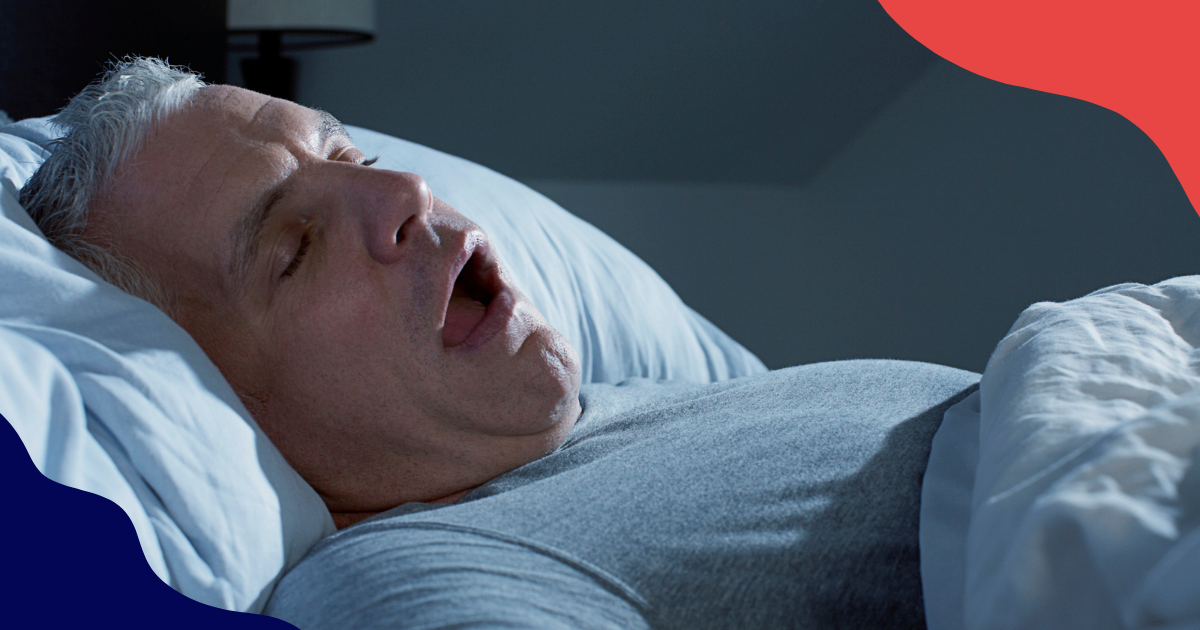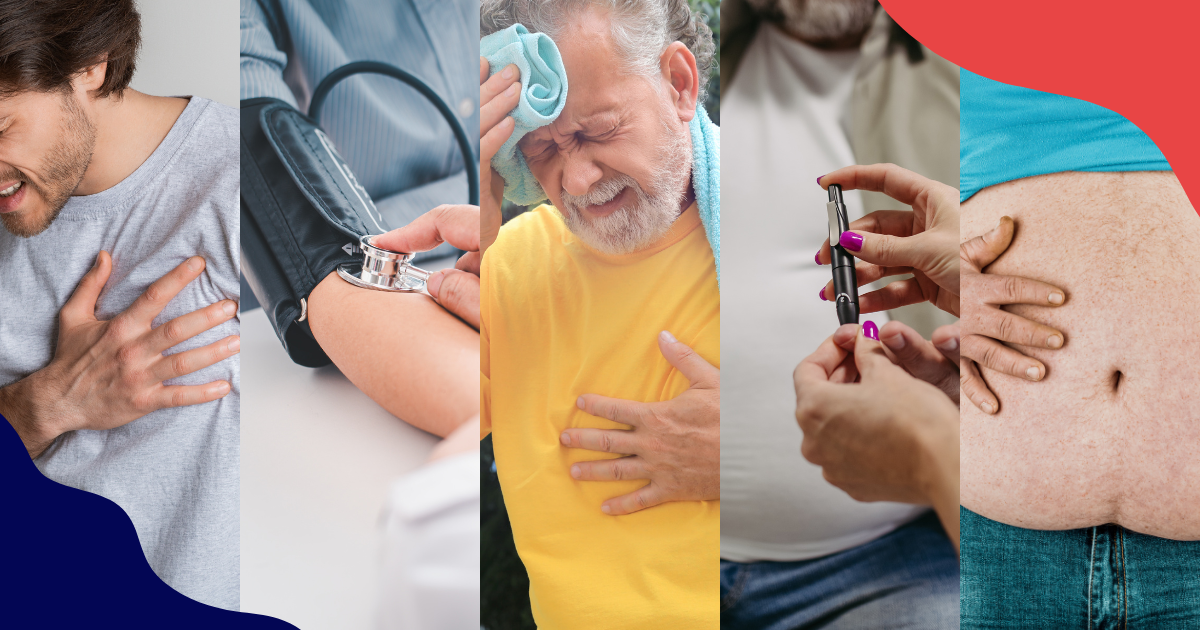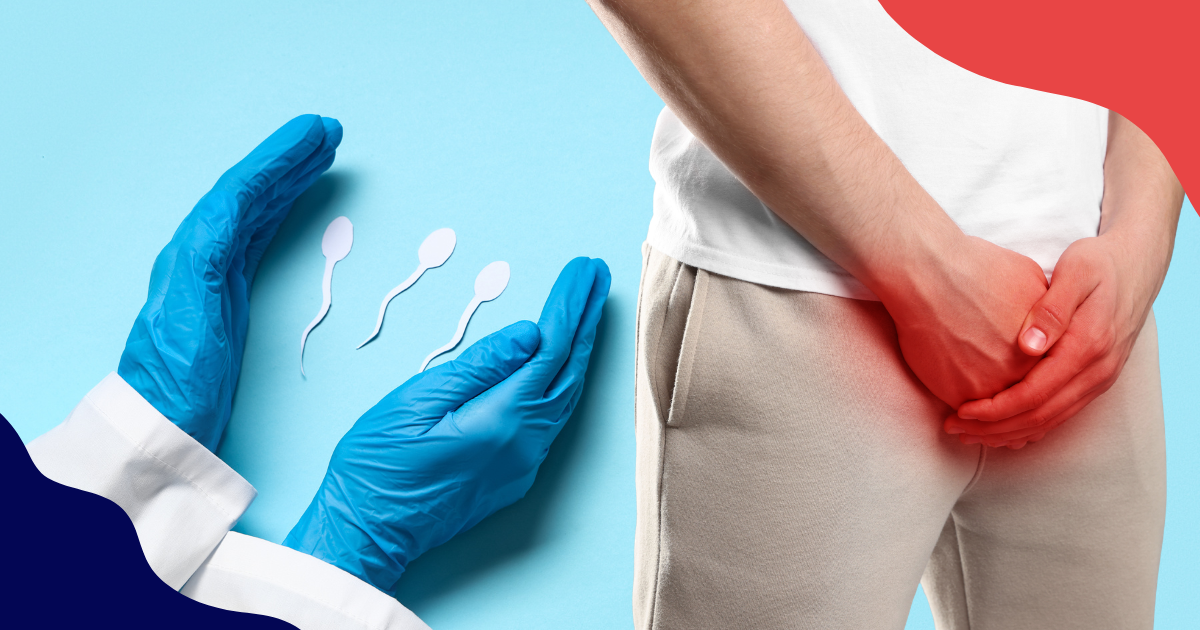Have you ever wondered how your body processes sexual arousal? What exactly happens to your body beyond having an erection? Male sexual arousal is a complicated process. It involves multiple physiological systems working harmoniously for you and your partner to reach pleasure. In this article, we will tell you more about the process of arousal to help you understand this fascinating process so you can combat sexual dysfunctions like Erectile Dysfunction and Premature Ejaculation better.
Body parts responsible for sexual arousal
To better understand sexual arousal, let’s take a quick look at the body parts involved in the process. These are the body parts that help men achieve successful arousal.
- The brain – The brain is the main organ responsible for processing psychological stimuli. A part of the brain called the Limbic System plays a critical role in regulating libido. The Limbic System includes the hypothalamus and the amygdala. The hypothalamus is a structure deep in the brain that helps manage different bodily functions like body temperature, hunger and thirst, mood, and even sex drive. Amygdala, on the other hand, is the brain’s major processing center for emotions and regulates ejaculation.
- Hormones – Hormones, such as testosterone and dopamine, influence pleasure and desire. They enhance desire and motivate sexual activities.
- Nervous system – The parasympathetic nervous system releases nitric oxide, causing the blood vessels in the penis to dilate. This allows blood to fill the erectile tissues in the penis to cause an erection. On the other hand, the sympathetic nervous system activates during orgasm and ejaculation.
- Circulatory system– The circulatory system is responsible for filling the corpora cavernosa with blood. The pressure of the trapped blood ensures an erection that is firm enough for penetration.
- Muscular system – Although the penis is not a muscle, it has muscles and muscle tissues. The pelvic floor muscles are also critical for ejaculation.
How arousal happens
First stage: sexual arousal or desire
The first stage of male sexual arousal is sexual desire or arousal. The trigger to sexual arousal is psychological stimulation. The most common trigger for stimulation is a sensory input. It can be through touch, smell, sight, sound or taste. Examples of sensory inputs include romantic music, the sight of a partner’s body, or the stimulating taste of chocolates. Stimulation can also come from erotic thoughts or fantasies, such as when one reads an erotic novel or watches a pornographic film. The brain receives these stimuli for processing.
Upon processing a stimulus, the brain sends signals to the nervous system to start the arousal process. More blood starts to flow into the penis. The extra blood fills up the spongy tissues along the entire length of the penis. The penis lengthens and hardens as it fills with blood. This is possible because of the loose skin covering the shaft of the penis. The scrotum, the loose bag of skin covering the testicles, becomes tighter. This causes the testicles to get drawn closer to the body.
Second stage: sexual plateau
The second stage of arousal is the sexual plateau. During this stage, the blood vessels in and around the penis fill with blood. This causes the glans or the head of the penis to become wider.
The colour of the glans becomes darker, usually a deep shade of red. The testicles start to grow in size, often growing up to 50% larger. During this stage, the heart rate increases and the blood pressure rises. At this stage, the breathing quickens. This is the stage where a man starts getting close to ejaculation or orgasm.
Third stage: orgasm
The third stage is called the orgasm and ejaculation. A series of contractions happen in this stage of arousal. These contractions occur in the pelvic floor muscles. When the pelvic floor muscles are weak, there is a possibility of premature ejaculation. This is why men should strengthen their pelvic floor muscles through Kegel exercises.
Contractions force semen into the urethra. These contractions are critical parts of orgasm. When a man is unable to control these contractions, ejaculation occurs. Ejaculation is the part when semen is forced out of the penis.
Fourth stage: recovery phase
The fourth and last stage is called the resolution phase. After ejaculation, the penis and testicles return to their normal size. Aside from the change in the size of the reproductive organs, it is normal for a man to experience heavy breathing after ejaculation. It is usually accompanied by sweating and rapid heartbeats.
There is a recovery phase after ejaculation. During this phase, achieving an erection and another orgasm is impossible. The length of time between ejaculation and another erection varies. It can be a few minutes or hours. Some men cannot achieve an erection days after ejaculation. The recovery time usually becomes longer as a man ages.
The Impact of Erectile Dysfunction and Premature Ejaculation on Arousal
While the physiological process of sexual arousal can be fascinating, it’s essential to understand that not all men experience these stages seamlessly. Conditions such as Erectile Dysfunction (ED) and Premature Ejaculation (PE) can significantly affect a man’s sexual experience, changing how the body responds during arousal, which then leads to frustration and anxiety in the bedroom.
Erectile Dysfunction (ED)
Erectile Dysfunction can stem from various factors, including psychological issues like anxiety or depression, hormonal imbalances, physical health problems such as diabetes or cardiovascular disease, and certain medications. When a man struggles with ED, the physiological processes described earlier may be disrupted. The brain may send signals for arousal, but if the nervous or circulatory systems are not functioning correctly, achieving an erection can be difficult.
Premature Ejaculation (PE)
Premature Ejaculation can create anxiety and stress, which further exacerbates the problem. Similar to ED, PE can arise from both psychological and physiological factors. Anxiety about your bedroom performance, past experiences, or a lack of sexual experience can contribute to this condition.
Consult a Healthcare Professional for Arousal Problems
Both Erectile Dysfunction and Premature Ejaculation highlight the intricate relationship between the psychological and physiological aspects of sexual arousal. Addressing these issues often requires a comprehensive approach. Don’t hesitate to seek professional help to access tailor-made treatment plans.
At Men’s Health Clinic (MHC), we provide custom medication for ED, PE and TRT. Our telehealth services make it easy for patients to consult with trusted medical professionals from the comfort and privacy of their own homes. Our services include:
- Licensed Medical Experts — Our team of qualified doctors is dedicated to providing you with the highest standard of care.
- Discreet Delivery — We ensure that your medications are shipped with the utmost confidentiality.
- Ongoing Patient Support — We are committed to your well-being and offer continuous care to guide you through your treatment journey.
If you’re struggling with arousal issues caused by ED and PE, reach out to us at MHC. We offer FREE online consultation.

Conclusion
Sexual arousal is a complex process. It requires multiple organs to successfully work together. Although people often think of the penis as the organ of sexual arousal, the truth is, the brain, nervous system, circulatory system, and muscular system also play crucial roles. Taking care of all these organs is critical to ensuring that men can successfully go through the various arousal stages, from sexual desire to ejaculation and recovery. If you are experiencing difficulties in achieving arousal, be sure to consult us at MHC. We can help identify the source of your problem and devise an effective treatment plan to get you back in the game!




